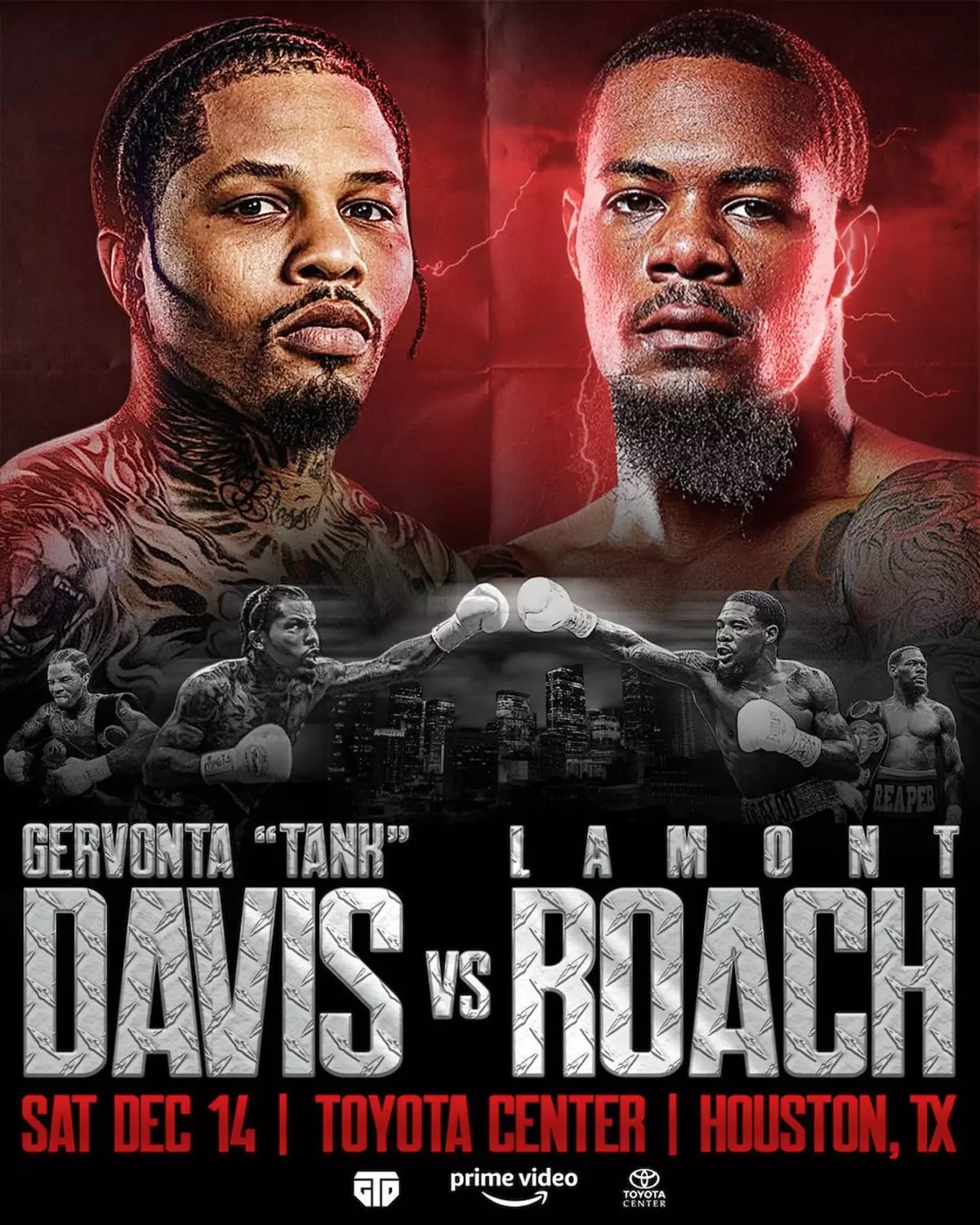The boxing landscape is often fraught with debates and opinions, particularly regarding the selection of fighters for high-stakes bouts. One of the most discussed matchups currently is the upcoming fight between WBA lightweight champion Gervonta Davis and Lamont Roach, scheduled for December 14th in Houston, Texas. While Coach Stephen Edwards contests that this matchup isn’t a cherry-pick, a significant portion of the boxing community strongly disputes this notion, leading to larger conversations about the validity and competitiveness of Davis’s entire career.
The Basis of the Criticism
The notion that a boxer is cherry-picking opponents usually arises when they’re perceived as consistently avoiding formidable competitors. In the case of Gervonta “Tank” Davis, many fans and analysts feel that his choice of Lamont Roach exemplifies this practice. Critics highlight various points to substantiate their claims: Roach, with a record of 25 wins, 1 loss, and 1 no contest, lacks significant victories and isn’t even ranked at lightweight, positioning him as an inadequate opponent for someone with Davis’s pedigree. Additionally, the fact that both fighters are part of the PBC stable raises eyebrows, suggesting a predisposition towards in-house matchups that favor Davis.
This widespread sentiment crystallizes into a belief that Davis, rather than seeking elite competition, has continuously chosen fighters who present little danger to his unbeaten record. The results have led to frustrations, with fans feeling that they are witnessing an overprotective career trajectory rife with lesser opponents.
While Coach Edwards offers an alternative perspective, arguing that the fight is not a cherry-pick due to geographical considerations—both boxers being local talents from D.C. and Baltimore—the defense does not fully assuage public concerns. Edwards notes that the audience’s perception of Tank’s worth influences these judgments, with many fans expecting him to face top-tier opponents like Teofimo Lopez, Devin Haney, or Shakur Stevenson. However, the gap between expectation and Davis’s actual matchup choices is glaring.
Davis’s critics perceive him as indulging in a long-standing pattern of misalignment in fight selection. If he had faced higher-caliber opponents periodically, like those already mentioned, fans would likely be more forgiving about softer matchups. Instead, Davis’s career thus far has resembled a series of appetizers, leading to accusations of him benefiting from a cleverly curated path designed to shield him from potential defeat.
The ramifications for Tank Davis’s career trajectory and legacy are multifaceted. By surrounding himself with an assortment of lesser-known opponents, it’s challenging to contextualize his accomplishments meaningfully against the backdrop of a sport where competition defines greatness. The increasing sentiment in boxing circles is that the allure of punch power alone cannot compensate for a lack of confrontational finesse or versatility.
Moreover, fans are becoming increasingly astute, scrutinizing the technical aspects of his performances. Fights against opponents such as Rolly Romero and Isaac Cruz have revealed inadequacies, indicating that Davis struggles significantly when faced with opponents who challenge him beyond brute force. This exposes vulnerabilities that casual fans may overlook in the chaos of knockout victories.
As the boxing world gears up for the Davis-Roach fight, there lies a palpable tension for both Davis and his management team. The public expectation is clear: fans desire competitive fights that showcase the depth of talent in boxing today. They yearn to see Davis pitted against formidable adversaries that would elevate his standing and provide him with the credibility that comes from overcoming real challenges.
Ultimately, the discourse surrounding Gervonta Davis serves as a reminder of the pressing conversations around matchmaking in professional boxing. As expectations rise, so too does the necessity for fighters to step up and challenge themselves. For Davis, the time may be ripe to move beyond perceived cherry picks for the sake of both his career and boxing as a whole.

